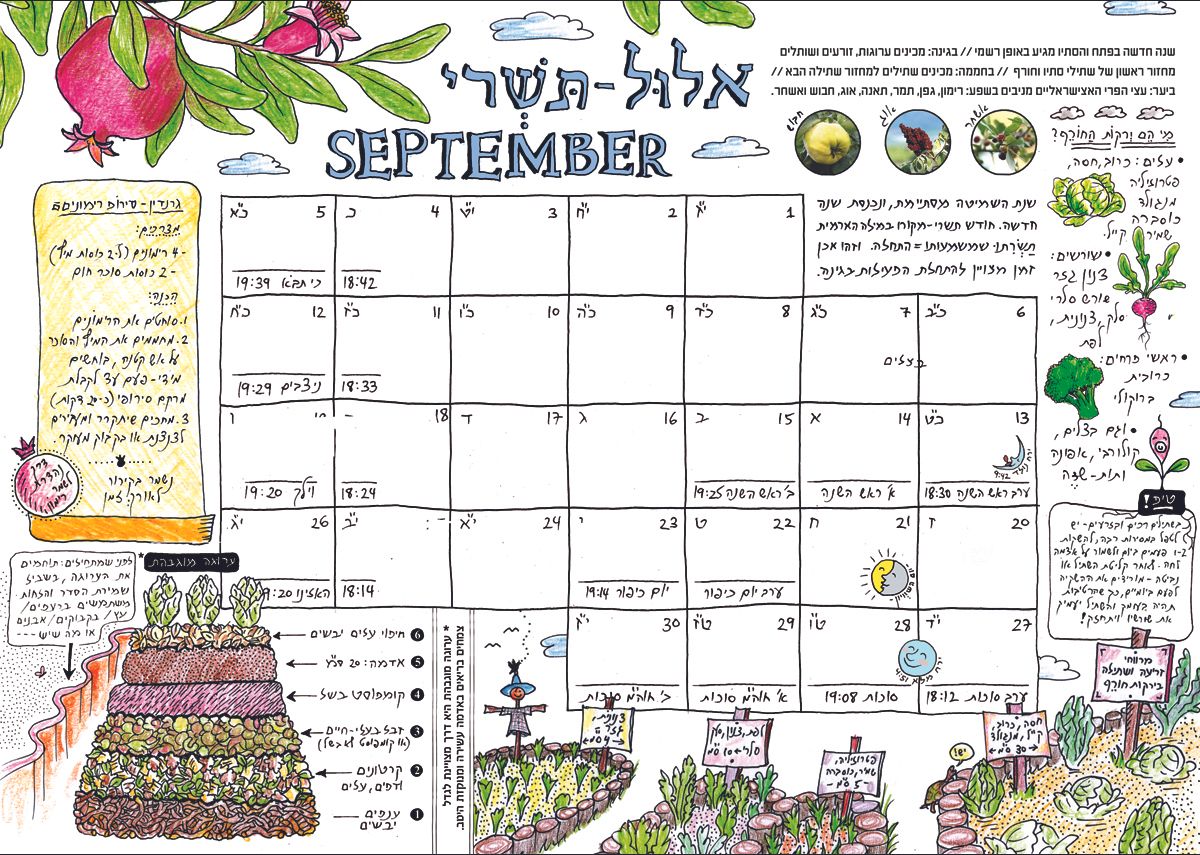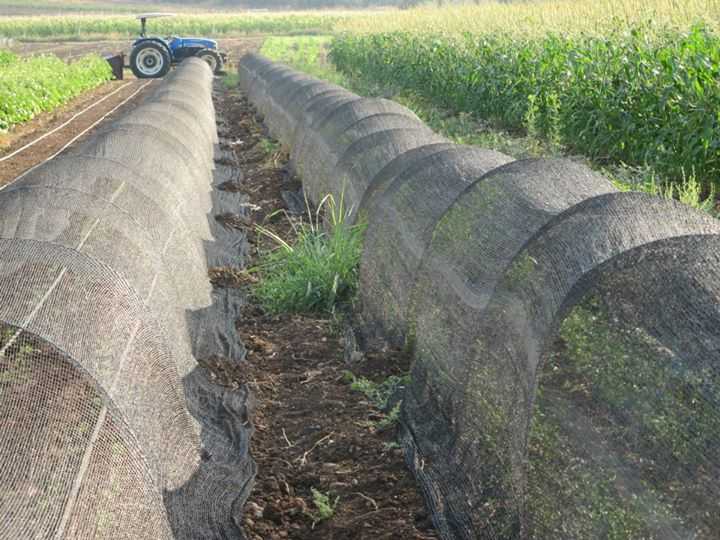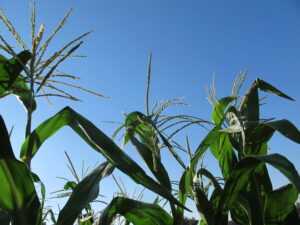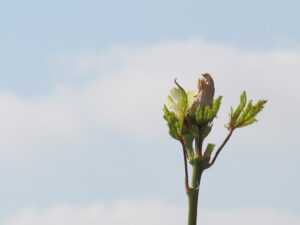To all South Tel Avivians (Florentine/Shapiro and south, excluding the neighborhoods east of the Ayalon), we remind you that this week and next week, due to your delivery man’s vacation, your box will arrive on Wednesday instead of Monday. You will receive boxes on Wednesday, August 19 and August 27.
____________________________
 I’m delighted to share with you a special project – a beautiful calendar made by Ilana and Davidi, old friends, colleagues, nursery keepers, harvesters, cooks and very talented visionaries. Their creation is called a “Home Garden Calendar,” and it accompanies you through each day in your home garden and the surrounding nature. Its sage words and captivating illustrations (from Ilana’s talented pen) are full of knowledge, advice, instructions and excellent tips for any gardener, home farmer, cook and eater, or anyone who wants to connect to the varying pace of life, seasons and climate in our tiny country.
I’m delighted to share with you a special project – a beautiful calendar made by Ilana and Davidi, old friends, colleagues, nursery keepers, harvesters, cooks and very talented visionaries. Their creation is called a “Home Garden Calendar,” and it accompanies you through each day in your home garden and the surrounding nature. Its sage words and captivating illustrations (from Ilana’s talented pen) are full of knowledge, advice, instructions and excellent tips for any gardener, home farmer, cook and eater, or anyone who wants to connect to the varying pace of life, seasons and climate in our tiny country.
This calendar is the product of a headstart campaign which they launched. In the end, they succeeded in raising a sum five times greater than they originally requested, allowing Ilana and Davidi to soar higher on the wings of their dream and vision, distributing calendars to schools, establishing a website accompanying the calendar, and a virtual seed bank to trade seeds of heritage. Now isn’t this one a happy, inspiring idea to cool off your hot summer days?
Take a look at their website for a peek at their calendar.
Thanks to our strong friendship, Ilana and Davidi are offering their calendar to Chubeza clients for 70 NIS each. Orders may be placed by sending us an e-mail. The calendars will arrive during the first two weeks of September. Quantity is limited, so hurry up and order while the calendars are still available. They also make a great holiday gift!
______________________________________
Hot Town, Summer in the Field…
Hot as you are, so are our vegetables. Man, it’s hot. There are not enough words (or available brain cells) to describe the stress our vegetables have been undergoing over the last few weeks. Unlike the myth and literary flourish of blooming and blossoming and yielding over summer, and in contrast to the winter freeze (all probably true for Northern Europe), here summer is not unlike death. A mild form of death, that is.
True, the field is bursting with vegetables planted in spring and the beginning of summer, when there was still hope for a breeze. But for some weeks now, the vegetables have been painfully shouldering the summer burden, and it is heavy, let me tell you. From past experience we learned to plant the veggies early to prevent young sprouts and plants from having to confront the peak of heat at a youthful age, which is why we don’t plant or seed almost anything for nearly a month (around July). Sometimes, when there’s no choice, we plant and have to be very generous with water, put up a shade net and hope for the best…
Heavy duty irrigation and net shading are also beneficial to mature vegetables already growing in the field. We estimate the irrigation over summer to be approximately 30 percent more than we would use in a regular month, a little like our own drinking habits on hot days. We cover the earth, which helps to prevent evaporation, but on scorching days like these the water still evaporates, demanding us to provide additional irrigation. Human beings attempt to stay in the shade, and we try to give that pleasure to our beloved vegetables as well – a piece of shade under the black nets to allow some relief from the relentless sun. The roster of greens which merit this shade net includes herbs, lettuce, Swiss chard and spinach – any green courageous enough to dare to grow over summer deserves a medal and a bonus shade net reward…

Despite the irrigation and shade, for the past two years we have been sending our lettuce on a summer break. We discovered that despite our aspiration to grow lettuce all year long, there comes a time to let it go and take a break. Particularly since anyway the heads of lettuce look so sad and wilted at this time of year and take revenge on us by being summery bitter, we give them a few weeks off for good behavior. And also in order to meet them again very soon. This means we need to plant the lettuce varieties in the heat, but usually they grow and mature when the heat eases somewhat. However, this year, the lettuce plants arrived smack in the middle of the fiery inferno that struck two weeks ago. And since they were mature plants (the heat expedites their growth even in the nursery), we had to plant them at the peak of the brimstone. To make up for it, we gave them a double shading net. And still, we can tell how hard some of them are taking life, trying to figure out why on earth they were brought to grow in the sweltering Levantine. Please send your best cooling energies their way, and we hope they will soon get over it.
One of the symptoms of stress caused by calamities like this current heatwave is a decrease in the vegetables’ immunity and durability against viruses and leaf diseases which accompany the bugs in the field. Of course, some of the insects are full partners in the agriculture experience, like the various pollinators, but others (sometimes even the same beneficial insects) have a dark side to them… like the aphids which don’t exactly harm the plant, but rather transmit many viruses which dry up the leaves or harm the yield and fruit. The most sensitive to these viruses are the gourds, which is why we plant most of them early, harvesting butternuts and pumpkins, zucchinis and cucumbers at the beginning of summer. As of now, the cucumbers have entered the nethouse to take refuge from the insects. The various squashes have been harvested, and only the good ol’ zucchinis are left in the field. And yes, they are in pain.
In order to prevent the aphids from situating themselves on the plants, we use “physical pest control” – spraying the plants with mineral oil in order to create a smooth slippery layer that will prevent the aphids from latching on to the plant leaves. Similarly, plants can be protected in your home garden by spraying a diluted solution of dishwashing soap on those species that are prone to aphid attacks. This year, we used that method as a preventative treatment even before the aphids sat on the plants and attacked them, and we were pleased with the results (usually we only treat the plants after we begin to see signs of damage).
Our veteran crop, the Thai black-eyed pea, suffers the wrath of a different insect, the Southern Green Stink Bug (as it is termed in the U.S.) or Green Vegetable Bug (Australia and New Zealand) You’re probably familiar with that pest which sits on the flowers, sometimes on the pea itself, feasting on the nectar, juice or honey of the flower, or even the pod. After being left with hardly any peas to harvest last year, this year we used pyrethrum, made from chrysanthemums, to prevent the black-eyed peas from cruel consumption. In this case, too, we are satisfied with our success. We also began harvesting the peas at a younger stage, when they were relatively thin, to prevent untimely aging that can sometimes come upon the plant within a day in this type of heat. Which is why they may seem skinnier than usual. No, they’re not on a diet, only prettier and younger and as tasty as always.



So when you’re nibbling on a pepper or cucumber, caressing the soft skin of a summer eggplant, stir-frying okra or grilling pumpkin for a light dinner, take a moment to salute the courageous vegetables of our desert Holy Land, which grew over the hot summer days and nights, blossomed, were fertilized and ripened despite it all, just to be harvested, arrive in your boxes, and make your hearts sing. Give them a good word, sing them a merry song. They deserve it!
May we all have a calm, slow, wet and breezy week. Drink up, stay in the shade, and take care of yourselves.
Alon, Bat Ami, Dror, Yochai and the entire Chubeza team, steadfastly holding those vegetables’ hands through the heat of the summer……….
___________________
WHAT’S IN THIS WEEK’S SUMMER BOXES?
Monday: Eggplant/zucchini, coriander/mint (nana), basil/New Zealand spinach/thyme, pumpkin, tomatoes, corn, scallions/ garlic chives, red bell peppers, cherry tomatoes, cucumber, Thai beans/okra.
Large box, in addition: Onions/leeks, butternut squash, parsley.
This week some boxes will have purslane (Raglat HaGina in Hebrew, Rijla in Arabic) – this is the round leaves green, which have a lemony flavor. If you know it – surley you’d be thrilled, she’s full of healthy surprises for you. Here you can find some info and recipes.
Wednesday: red bell peppers/potatoes, cucumbers, parsley/cilantro, tomatoes, cherry tomatoes, okra/Thai long beans, basil/purslane/New Zealand spinach, eggplants, pumpkin, corn, scalions.
Large box, in addition: Onions/leeks, butternut squash, mint (nana)/thyme
And there’s more! You can add to your basket a wide, delectable range of additional products from fine small producers: flour, fruits, honey, dates, almonds, garbanzo beans, crackers, probiotic foods, dried fruits and leathers, olive oil, bakery products and goat dairy too! You can learn more about each producer on the Chubeza website. On our order system there’s a detailed listing of the products and their cost, you can make an order online now!
